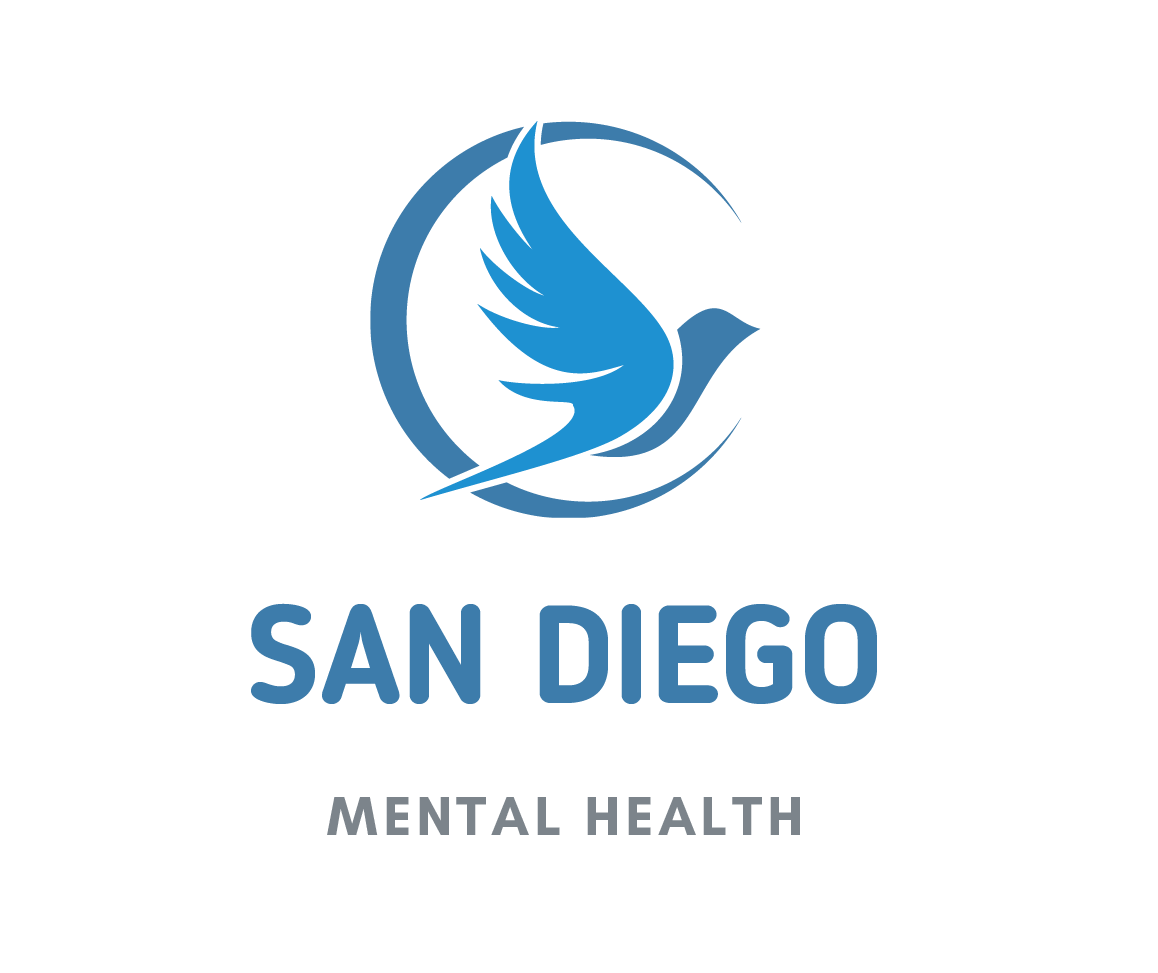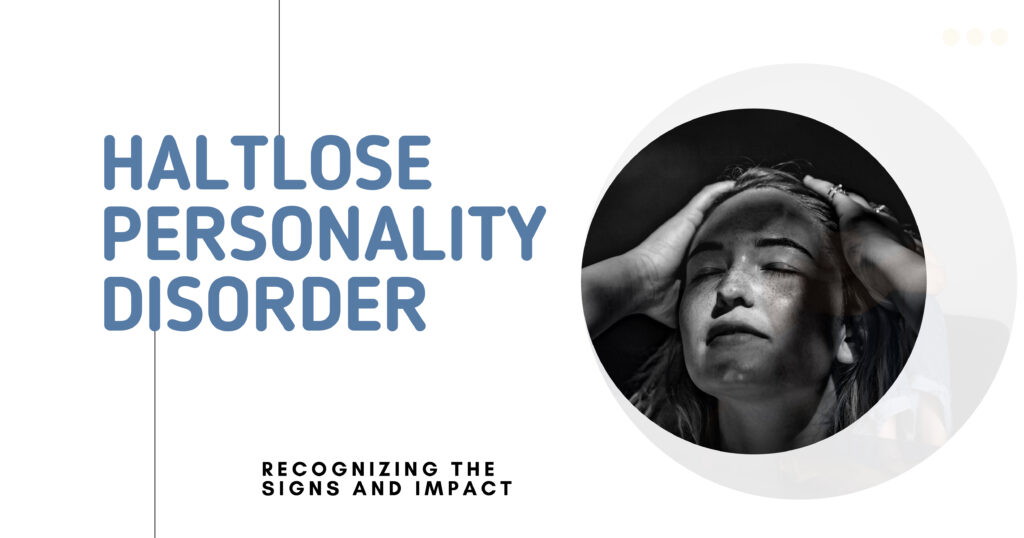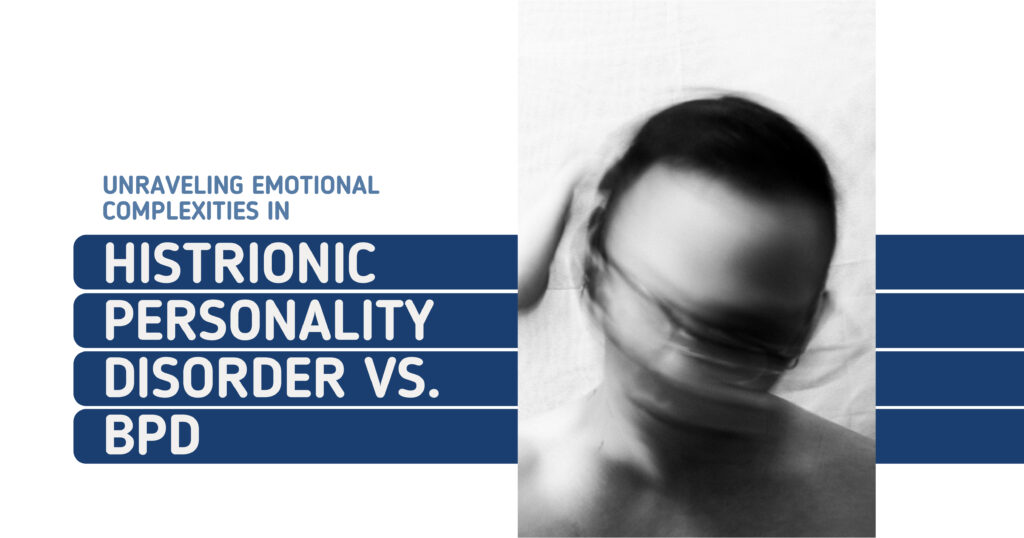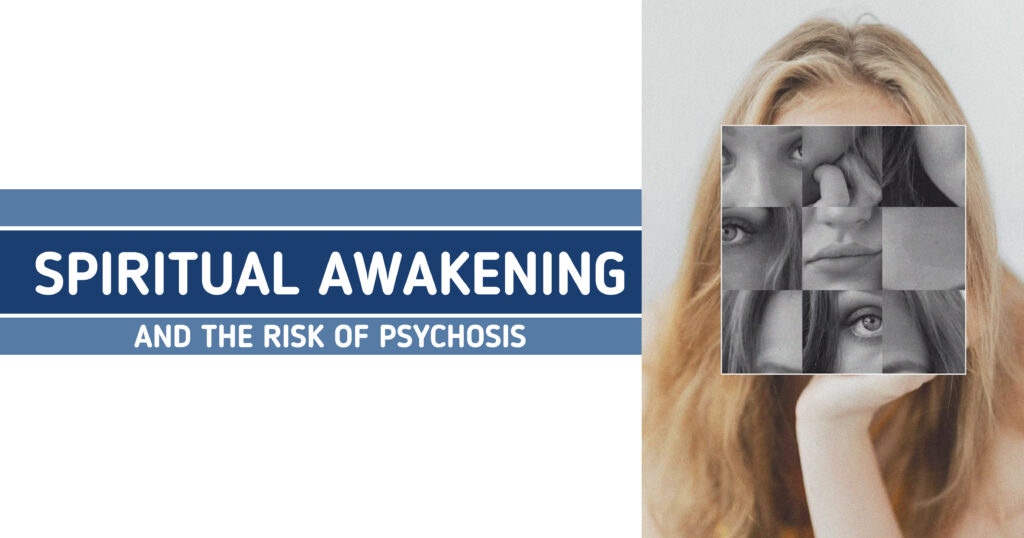Life feels like a series of thrilling impulses followed by chaos – haltlose personality disorder captures this pattern through impulsivity, irresponsibility, attention-seeking, superficial charm, emotional instability, egocentricity, manipulativeness, and lack of empathy. This blog explores how these traits disrupt relationships, work, and self-image while offering pathways to understanding and management. Recognizing haltlose personality disorder early can prevent years of relational damage and personal regret, creating space for meaningful change and healthier connections.
The Complexities of Human Behavior
Human behavior exists on a spectrum, but haltlose personality disorder represents an extreme where inner controls fail to develop, leaving individuals at the mercy of momentary desires and external validation. The disorder, though not officially in DSM-5, appears in ICD-11 descriptions as a pattern of profound instability in self-regulation and interpersonal functioning. Unlike typical personality development, where children learn delay of gratification and empathy through consistent caregiving, haltlose individuals often experience early environments that reinforce immediate reward-seeking without consequences. This creates adults who navigate life through charm and manipulation rather than planning and accountability. The complexity lies in their genuine moments of warmth mixed with destructive patterns, making relationships both intoxicating and exhausting.
San Diego Mental Health
Impulsivity and Its Impact on Daily Life
Impulsivity serves as the primary engine driving haltlose personality disorder, manifesting in decisions made without consideration of future outcomes or impact on others. This trait affects every life domain – from quitting jobs on a whim after minor conflicts to making large purchases that drain savings overnight. The immediate dopamine rush from impulsive actions creates a powerful reinforcement loop, making restraint feel physically uncomfortable. Over time, this pattern erodes financial stability, professional reputation, and personal relationships as others learn to expect unreliability.
The table shows the impulsivity cycle:

| Trigger | Impulsive Act | Immediate Reward | Long-Term Cost |
| Boredom | Online shopping spree | Dopamine hit | Debt, regret |
| Anger | Yell at partner | Power rush | Relationship damage |
| Attraction | Sleep with a stranger | Excitement | STD risk, guilt |
| Opportunity | Steal an “easy” item | Thrill | Legal trouble |
Irresponsibility in Personal and Professional Settings
Irresponsibility in haltlose personality disorder extends beyond occasional forgetfulness into a consistent pattern of avoiding obligations while expecting others to manage consequences. In personal relationships, this means forgotten anniversaries, unpaid shared bills, or neglecting household duties while demanding appreciation for minimal effort. Professionally, it appears as missed deadlines, incomplete projects, and frequent job changes that prevent career progression. The cumulative effect creates a trail of broken promises that erodes trust and isolates the individual from reliable support systems.
Consequences compound – friends distance themselves, partners leave, employers terminate, and financial institutions deny credit, creating a self-fulfilling prophecy of failure that reinforces the “world is against me” narrative.
The Role of Attention-Seeking in Social Interactions
Attention-seeking in haltlose personality disorder functions as both oxygen and currency – the individual requires constant external validation to maintain their sense of self. This manifests through dramatic entrances that command room focus, social media posts designed to provoke reactions, or manufactured crises that demand immediate concern. The behavior creates a paradox: while skilled at initially captivating others, the endless need for new stimulation leads to relationship burnout as friends and partners exhaust their capacity to provide attention.
Understanding Superficial Charm and Its Effects
Superficial charm operates as the haltlose individual’s primary social tool, enabling rapid connection through mirrored interests, excessive flattery, and entertaining storytelling that feels deeply personal in the moment. This charm creates intense initial bonds—new friends feel “seen” like never before, romantic partners experience love-bombing that promises eternal devotion. Yet the charm serves ego maintenance rather than genuine connection, evaporating when the individual grows bored or when real emotional labor is required. The pattern follows love-bomb to devalue to discard, leaving others feeling manipulated and questioning their own judgment.
Emotional Instability and Relationship Dynamics
Emotional instability in haltlose personality disorder creates relationships that feel like walking on eggshells – one moment brings passionate affection, the next erupts in rage over minor slights. These rapid shifts stem from poor emotional regulation rather than external circumstances, making partners feel they’re dating multiple people in one body. The instability prevents deep attachment as others learn to protect themselves from the emotional whiplash, while the haltlose individual experiences abandonment that reinforces their worldview.
The table shows the emotional volatility pattern:
| Time | Mood State | Trigger | Behavior |
| Morning | Euphoric | Woke up “on top” | Oversharing, grand plans |
| Afternoon | Irritable | Coffee late | Snapping at coworkers |
| Evening | Depressive | Plan failed | Isolation, self-pity |
| Night | Anxious | Tomorrow looms | Insomnia, panic calls |
Manipulativeness in Interpersonal Relationships
Manipulativeness emerges from the haltlose need to control outcomes while avoiding responsibility, employing tactics that range from subtle guilt-tripping to overt gaslighting. Conversation hijacking turns every story into its bigger version, while selective memory allows denial of promises made. The manipulation maintains their preferred reality where they remain blameless and central, regardless of actual events or impact on others.
San Diego Mental Health
Support and Guidance with San Diego Mental Health
When personality patterns create relational wreckage, professional intervention rebuilds foundations. At San Diego Mental Health, we specialize in haltlose personality disorder treatment through targeted therapy addressing impulsivity, emotional instability, and manipulative patterns. From lack of empathy development to egocentricity management, our evidence-based approaches create lasting change. Contact San Diego Mental Health today to learn more or schedule your path to healthier relationships. Stability and genuine connection are possible.

FAQs
How does impulsivity contribute to challenges in managing daily responsibilities?
Impulsivity leads to quitting tasks mid-way, making snap purchases, or saying yes to everything – creating unfinished projects and financial strain. It prevents planning and follow-through essential for routine. Therapy teaches pause techniques to build self-control.
What are the effects of irresponsibility on both personal and professional relationships?
Irresponsibility erodes trust – missed deadlines at work lead to demotion, forgotten promises in relationships breed resentment. It creates dependency cycles where others clean up messes. Rebuilding requires consistent small commitments.
How does attention-seeking behavior manifest in social settings and affect interactions?
Attention-seeking appears as dramatic stories, constant selfies, or crisis creation to stay center stage – others feel drained or manipulated. It prevents a genuine connection as the focus stays on the seeker. Group therapy teaches balanced sharing.
In what ways can superficial charm impact personal and professional relationships?
Superficial charm wins initial favor but crumbles under scrutiny – coworkers feel used when promises aren’t kept, partners discover love-bombing. It creates shallow networks unable to withstand conflict. Authentic relating requires vulnerability practice.
San Diego Mental Health
How does a lack of empathy influence interpersonal relationships and communication?
Lack of empathy means dismissing others’ feelings (“get over it”), leading to hurt and withdrawal from relationships. Communication becomes one-sided demands. Empathy training through role-play rebuilds connections.







